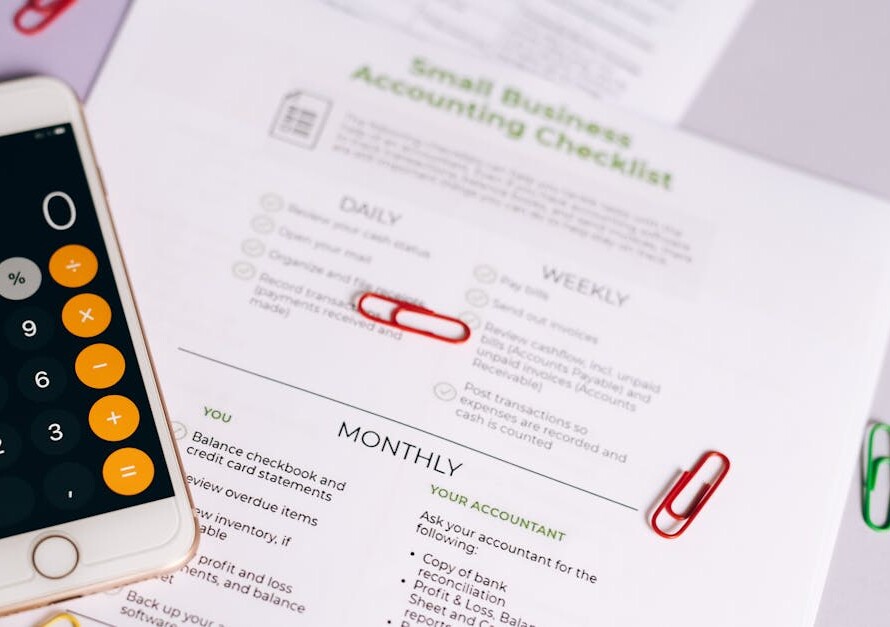
If you’re running a business, especially one with high income and variable expenses, treating tax planning as a once-a-year event will cost you. It’s not just about missing deductions. It’s about missing opportunities to use your cash smarter, structure your income better, and avoid paying more than you should.
The IRS doesn’t reward last-minute planning. But your financial statements can if you use them right.
Reactive = Expensive
When tax planning happens in March, your options are limited. At that point, you’re mostly just organizing data from the past year, hoping your CPA can clean it up and file something acceptable.
There’s no room for strategy. There’s only reaction, and that kind of decision-making tends to be expensive.
A Strategic Tax Plan Starts With Your Financial Data
A good tax strategy starts with timely, accurate bookkeeping. If your books are outdated or full of errors, you’re already starting behind.
From there, your numbers should be reviewed quarterly, at a minimum, to identify timing strategies, income shifts, planned investments, or entity changes that can reduce your tax burden. A fractional CFO or outsourced controller can help you read those patterns and execute smarter plays.
Timing Is Everything (And It’s on Your Side If You Plan Ahead)
Let’s say you want to invest in new equipment, move to a new office, or add another team member. If you don’t time those investments with tax efficiency in mind, you could spend more than necessary or miss out on legitimate deductions.
Planning ahead lets you optimize purchases, salary structures, and bonus payouts so that they align with tax-saving windows, not arbitrary deadlines.
Entity Structure Isn’t Set-and-Forget
If you haven’t reviewed your business structure in the past 12–18 months, you’re likely leaving money on the table. Whether you’re an LLC, S-Corp, or partnership, the proper structure can reduce self-employment tax, open the door to retirement savings strategies, and shift income in more innovative ways.
But these changes only work if you plan for them before year-end. Waiting until tax season won’t give you enough time to adjust.
Dashboards Make Tax Planning a Constant Conversation
When your data is tied to real-time dashboards, you don’t need to wait for reports. You can see patterns developing early and adjust quickly. That means no scrambling in Q4. No guesswork around tax liabilities. No surprises when it’s time to file.
Dashboards also make it easier to collaborate with your advisory team—CFO, bookkeeper, or tax planner—because everyone is looking at the same numbers, at the same time, in the same place.
The ROI of Proactive Tax Planning
Strategic tax planning pays for itself. Businesses that plan ahead don’t just save money, they protect working capital, forecast more accurately, and operate with more confidence.
This isn’t about gaming the system. It’s about using the rules in your favor consistently throughout the year.
Stop Playing Defense With Your Taxes
Waiting until April to “deal with taxes” keeps your business stuck in a reactive cycle. If you’re aiming to scale, that approach won’t cut it. You need a system that works year-round, using real data, actual strategy, and tools that give you clarity before decisions are due.
Ready to Build a Smarter Tax Strategy?
Profit Leap helps growth-minded professionals turn their numbers into a real financial strategy. From ongoing tax planning to real-time dashboards, we build the systems that turn businesses into profit machines. Contact us today to get started.


